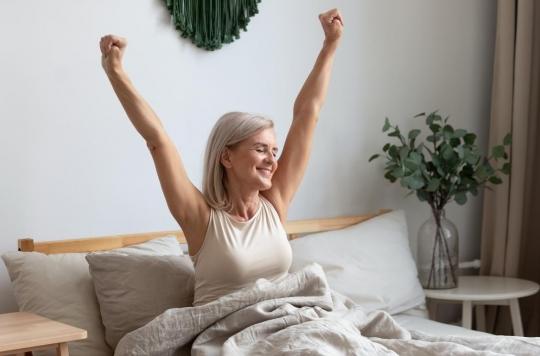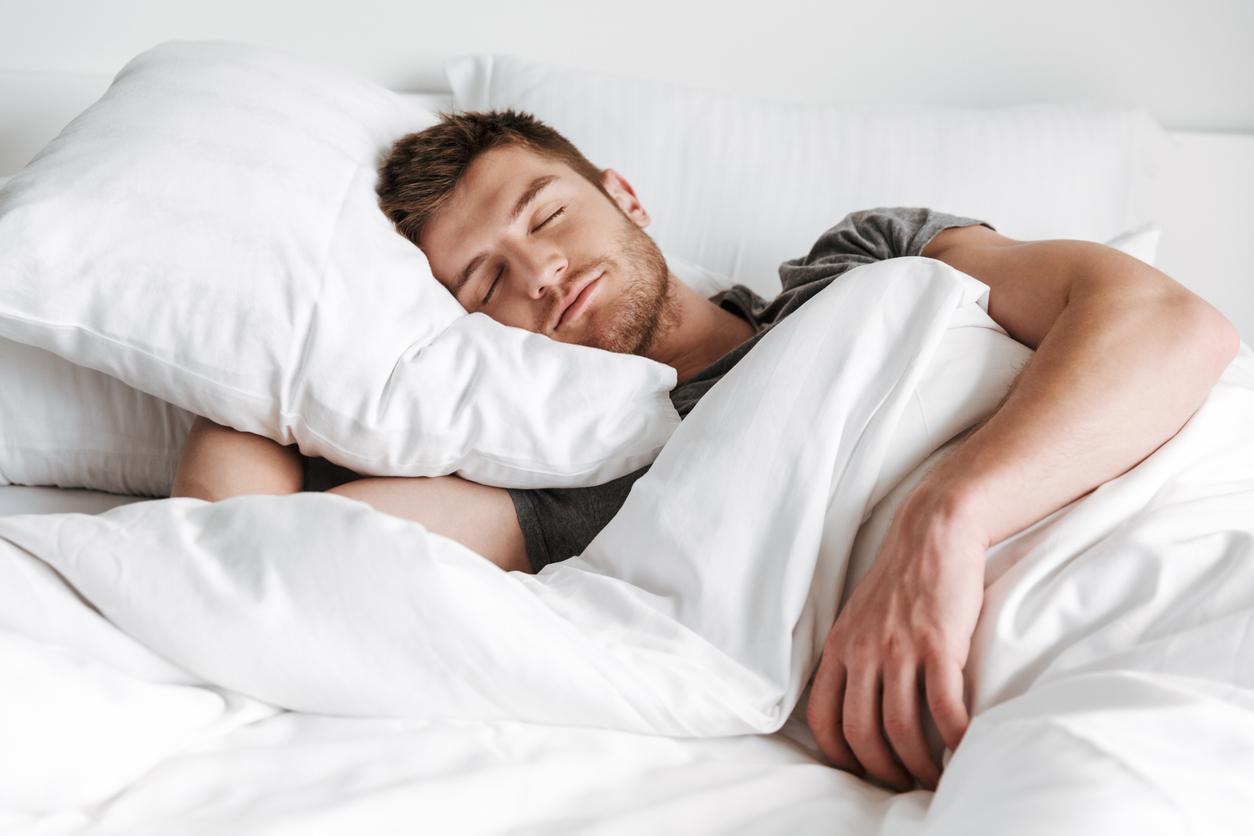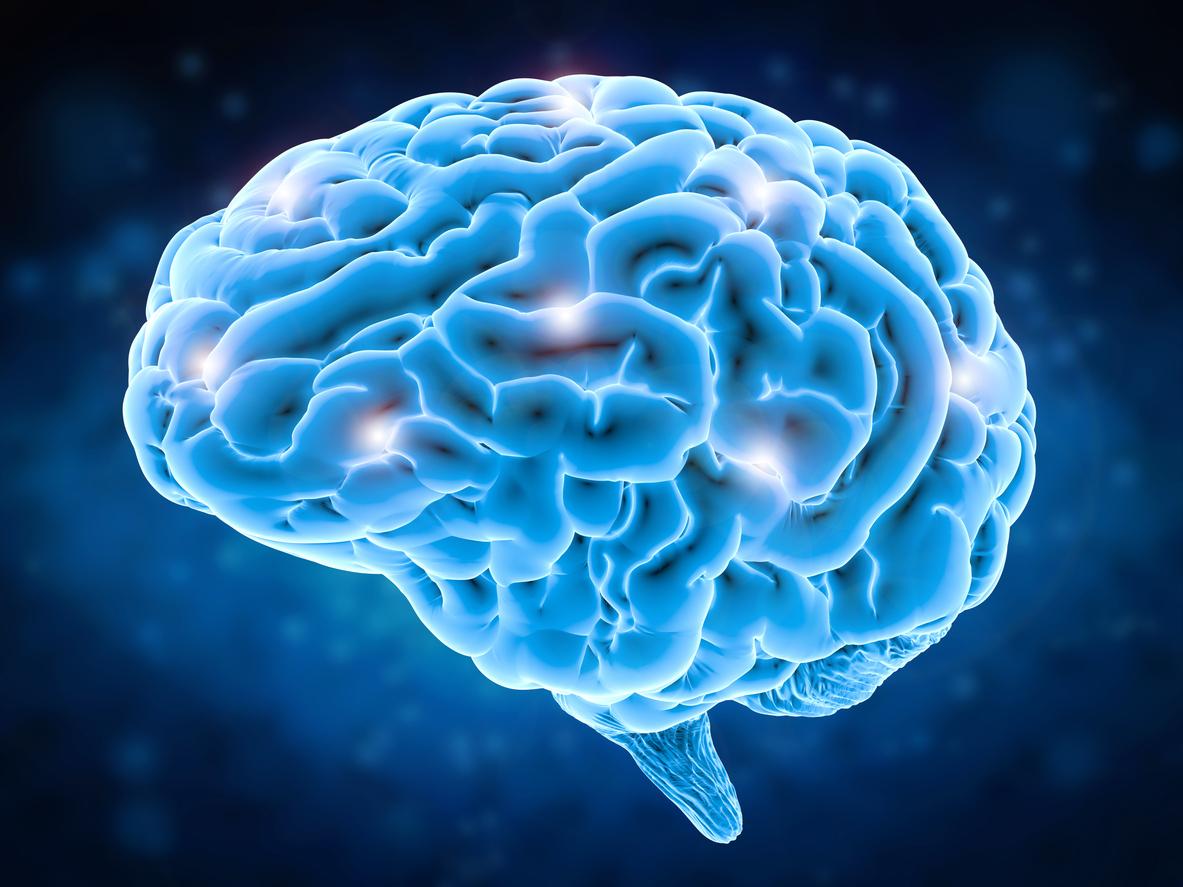While keeping the same total sleep duration, getting up an hour earlier could reduce the risk of depression by 23%.

- Getting up an hour earlier, while keeping the same sleep duration, would reduce the risk of depression by 23%.
- This percentage increases to 40% if the individual gets up two hours earlier.
It’s a good resolution that we often end up giving up: get up earlier in the morning! The motivations can be multiple: wanting to play sports, take the time to read, do housework or simply relax and take your time. According to one study published in the journal JAMA Psychiatry, getting up an hour earlier would reduce the risk of depression by 23%. “We’ve known for a long time that there’s a relationship between hours of sleep and mood, but a question often comes up from clinicians: how much earlier do you need to wake up for people to see a benefit in this change ?, explains Céline Vetter, lead author of the study. We found that getting up just an hour earlier was associated with a significantly lower risk of depression.” One more reason to bring the clock forward!
Getting up two hours earlier would reduce the risk of depression by 40%
Several genes are involved in a person’s biological clock and chronotype, ie their natural preference to get up or go to bed earlier or later. During their work, the authors therefore worked on the genetic data of more than 840,000 people. 85,000 of them had worn wearable sleep trackers for seven days and 250,000 who had completed sleep preference questionnaires. In parallel, the researchers analyzed their genetic information, their anonymized medical and prescription records as well as investigations into diagnoses of major depressive disorders. They ultimately concluded that individuals with genetic variants that predisposed them to getting up early also had a lower risk of depression. And they managed to quantify this drop: if a person wakes up an hour earlier, keeping the same total sleep time, their risk of developing a major depressive disorder would be reduced by 23%. If waking up two hours earlier – also going to bed 120 minutes earlier – this percentage increases to 40% less risk. The only downside: the study method does not make it possible to know whether people who are already early risers can benefit from waking up even earlier.
Early risers would benefit more from the virtues of daylight
“We live in a society designed for morning people, and evening people often feel out of step with this social clock. underlines Iyas Daghlas, one of the authors of this study, seeming to point to one of the first reasons for its results. Previous research suggested that an abnormal sleep pattern could be a factor in depression and that night owls were twice as likely to suffer from it compared to early risers. Finally, other works hypothesize that early risers would benefit from greater exposure to light during the day, which would have several hormonal consequences that can positively influence mood.
In 2018, Céline Vetter had already worked on the consequences of morning awakenings, analyzing data from 32,000 nurses. According to the researcher, they had a 27% lower risk of developing depression within four years. “Keep your days bright and your nights darkshe concludes, by way of advice to those who would like to get up an hour earlier from now on. Walk or cycle to work if you can, and turn off your electronics at night”!
.

















